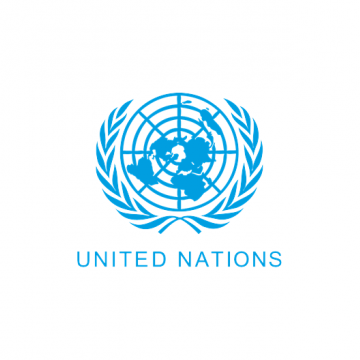BUSINESS

NIGERIAN EXPERT URGES UN TO ADOPT COMMUNITY-LED APPROACH TO SOLVE WATER CRISIS
A Nigerian rural development expert, Damilola Olajubutu, has taken the global stage at the United Nations to challenge the traditional ways water projects are handled, especially in countries like Nigeria where over 60 million people still lack access to clean water.
Speaking during the UN General Assembly President’s meeting on Sustainable Development Goal 6 (Clean Water & Sanitation) and related multistakeholder events held on July 9–10, 2025, Olajubutu presented a bold and practical alternative — bottom-up water governance.
Olajubutu, who is the Executive Director of Rural Nurture Initiative (RNI), shared lessons from her organization's fieldwork across rural communities in Nigeria. Her core message? Communities themselves must lead the charge in solving water challenges — not just outsiders with high-tech solutions that often break down or are abandoned.
“It’s not about fancy equipment. It’s about giving people the power to choose, manage, and maintain their own water systems,” she said at the UN.
A key highlight of her approach is the creation of gender-inclusive water committees, where women — the primary water gatherers in rural Nigeria — are finally given a seat at the table when decisions about water resources are made.
Olajubutu also pushed for policy changes that would ensure rural communities are no longer sidelined. She called for mandatory rural inclusion quotas in national water development plans, urging that rural voices be prioritized in planning and funding.
Her presentation wasn’t just theory. It was based on real successes from Nigerian villages where community-led water projects have lasted far longer than government or NGO-led ones — simply because locals had ownership, training, and responsibility.
As Nigeria continues to battle one of the worst water access crises in Africa, Olajubutu’s message is clear: lasting change starts with the people — not just policies.
Her ideas could serve as a turning point in how both Nigeria and the international community approach sustainable water development going forward.
"This represents a significant development in our ongoing coverage of current events."— Editorial Board









